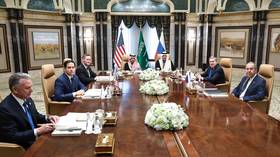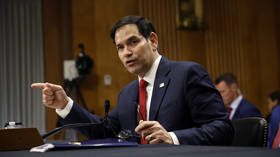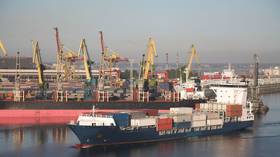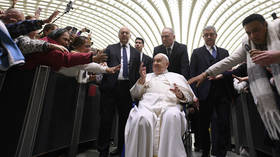'ISIS trying to create state infrastructure with taxation & administration'
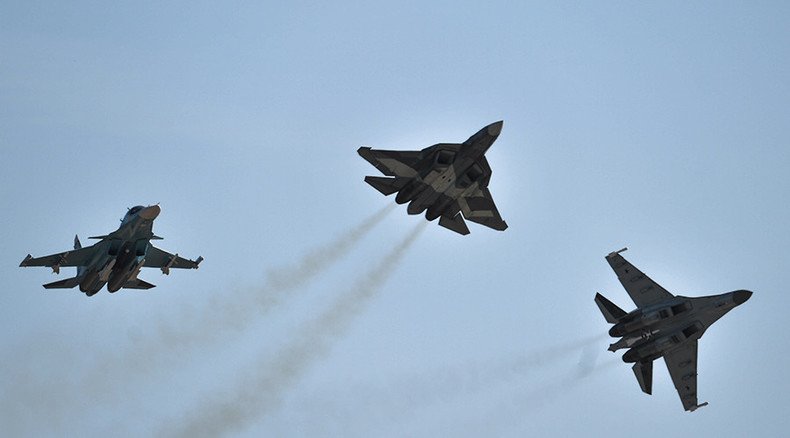
ISIS is not just a ‘fly-by-night’ organization, an underground guerilla army in a liberation struggle, says Jonathan Steele, international affairs columnist for the Guardian. They actually hold territory, administrate services and control the population, he adds.
RT: Russia is now specifically targeting ISIS's oil infrastructure. Is this likely to be effective move?
Jonathan Steele: It will be as effective or as ineffective as what the Americans have been doing in the last few days as well - knocking out a lot of these oil tankers. So everybody is beginning to focus on the oil issue. But I think ISIS has been quite clever in recent months because the oil tankers are not owned by IS; they are owned by independent drivers, many of them have just one tanker each. So, to knock out tankers as the Americans have done really affects ordinary people’s livelihoods in a severe way, rather than ISIS. Well then of course ISIS obviously can’t sell now that they are out of tankers so in that sense their revenue is also affected.
RT: There has been a suggestion that there was reluctance from the US in the past to destroy infrastructure. What do you make of such a suggestion?
JS: There is that suggestion. Oil refineries are easy to destroy and take a long time and a lot of money to rebuild. And in the hope that ISIS could be defeated and some new government come in Damascus did make, perhaps, a sense to try and keep this infrastructure which is very expensive. But obviously, they changed their policy now.
I just want to say that there is another source of revenue, which is simply taxing ordinary people. I was recently in northern Syria in a Kurdish area and I went to a pharmacy and I found that virtually all the drugs and medicines that they were selling came from Damascus. And how did they get from Damascus to the northern Kurdish region of Syria? Truck drivers had to come right through ISIS territory and ISIS just taxed them rather than putting the North under siege and blocking all pharmacies or medicines going in, they just simply tax the drivers and take money that way.
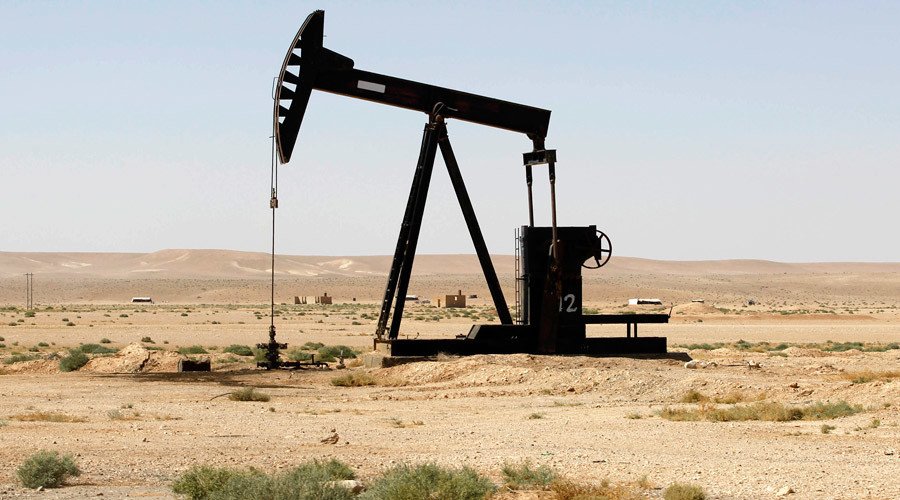
RT: Are we talking here about quite an advanced civilization to some extent and system of taxation?
JS: Civilization may be putting it too strongly, but after all they call themselves Islamic State and they are trying to create the basic infrastructure of a state, and one of those things is to be able to tax people and control them. That is what they are doing. They are not just a ‘fly-by-night’ organization underground like a sort of guerrilla army in a liberation struggle. They are actually holding territory, administrating services and controlling the population and so taxes are part of that.
RT: They're not just selling crude oil, they are also refining it which is a major industrial process. Are they getting outside help with this?
JS: It may be getting help from local engineers. One of the key issues that we are not entirely sure about is the freedom of movement of people inside Raqqa. You might have thought that after all this bombing particularly in the last week, but the Americans have been doing it for year, there wouldn’t be much left in Raqqa to bomb. You would think everything had been destroyed. The reason why it hasn’t been is because it is still huge number of civilians living in Raqqa - they are probably trapped and not allowed to leave. They may get shot if they try and leave. And therefore it is difficult to bomb without killing lots of civilians, which is one reason why the bombings hadn’t had real effect on ISIS because it hasn’t been as extreme and effective as it sometimes seems from outside.
The statements, views and opinions expressed in this column are solely those of the author and do not necessarily represent those of RT.




